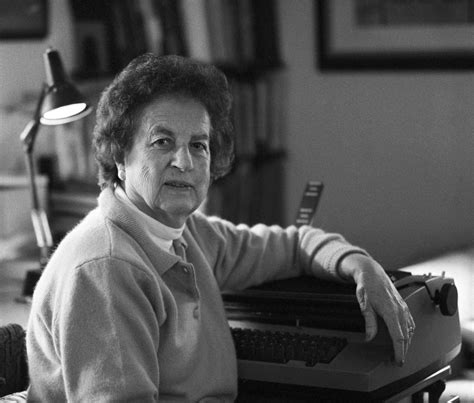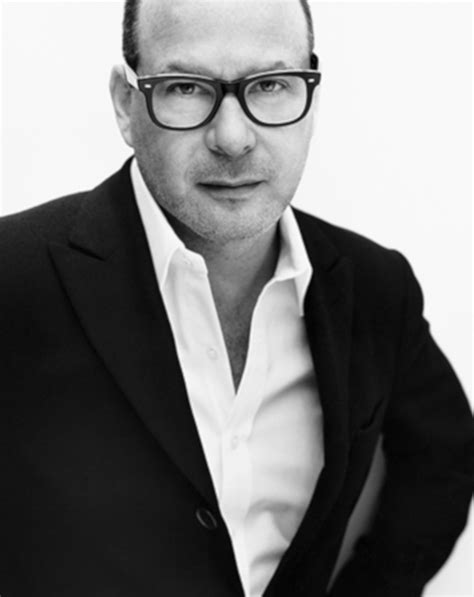A Quote by Alison Weir
At school, up to the age of sixteen, I found history boring, for we were studying the Industrial Revolution, which was all about Acts, Trade Unions and the factory system, and I wanted to know about people, because it is people who make history.
Related Quotes
The very first idea I ever had about making a film... my first thought about ever being a filmmaker was when I was sixteen years old and I wanted to make a Viking movie. And I wanted to make it in old Norse, which I was studying at the time. It's odd because at that age that's a stupidly ridiculous idea 'cause how will I ever be a filmmaker.
It makes sense that we came up with our public school system during the Industrial Revolution because it's like everybody is a factory worker, eating their terrible food and going back to the room where you're silent and listening to an idiot. That's an epitomizing idea, getting called 'Nothing' for your whole high school experience.
When I went to high school - that's about as far as I got - reading my U.S. history textbook, well, I got the history of the ruling class. I got the history of the generals and the industrialists and the presidents that didn't get caught. How 'bout you? I got all of the history of the people who owned the wealth of the country, but none of the history of the people that created it.
My take is that there's two ways to approach history. You sit in your armchair and you watch it on the news and you return to your PlayStation. Or you get out in the streets and you make it. Like, when those Supreme Court justices, you know, legalize desegregation, it wasn't due to their infinite wisdom. It's because people whose names you do not read about in history books, people whose faces you will never see, were the ones who struggled and sacrificed, sometimes gave their lives, to make this country a more equal one. When, it's like those people don't make history, it's us.
I'm not against knowing the history of white people in the U.S. - that's not the point. The point is that there's so much greater history. We don't know about Native Americans. Very basically, we don't know that much about African American history, except that they were enslaved. You only get bits and pieces.
The way they taught history in schools was not appealing. They stressed wars and dates. They left the people out. I was attracted to history by the need to know about the people. In China, I went to a British school, and we just learned about kings and queens. Back in America, I had the regular social studies curriculum.
Fashion for me is the perfect combination of all the things I love. There's an element of history to it. I love understanding why people wear what they wear, why during certain periods in history women looked the way they looked. There was always a strong reason behind it, whether it was because of what was available to them or because of what was happening in the world politically or sociologically. Fashion is like an amazing blend of commerce, travel, and creativity - of studying what people were about during a particular time.
Science fiction is the most important literature in the history of the world, because it's the history of ideas, the history of our civilization birthing itself. ...Science fiction is central to everything we've ever done, and people who make fun of science fiction writers don't know what they're talking about.








































